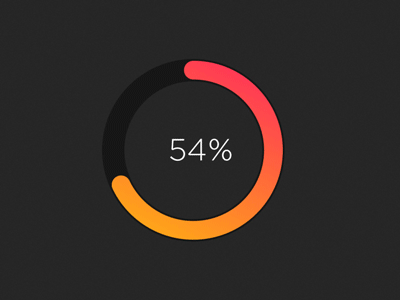Introduction
The advent of Artificial Intelligence (AI) has been heralded as one of the most significant technological advancements in recent history. Its influence spans a plethora of sectors, from healthcare and transportation to entertainment and commerce. One domain that has been particularly impacted by AI is image analysis—a field that is increasingly mediated by machine learning algorithms and neural networks. While the technological prowess of AI in image analysis is indisputable, it becomes pivotal to scrutinize the sociological and theoretical implications of its widespread use. This article delves into the complex interplay between AI-driven image analysis and various societal constructs, encompassing aspects like privacy, bias, and the epistemology of machine interpretation.
The Technological Landscape
Before dissecting the sociological layers, it’s crucial to understand the technological underpinnings of AI in image analysis. Neural networks, particularly Convolutional Neural Networks (CNNs), are often the driving force behind modern image recognition systems. These networks “learn” to identify patterns and features in images by being trained on large datasets. Applications range from medical imaging diagnostics to surveillance systems and even the arts. But while the technological strides are commendable, they present a series of questions that merit sociological inquiry.
Sociological Concerns
Privacy
The omnipresent nature of AI-powered cameras and surveillance systems present a critical challenge to individual privacy. In an era where facial recognition is no longer the stuff of science fiction, what does consent mean? The absence of comprehensive regulatory frameworks compounds this issue. Thus, AI in image analysis inadvertently contributes to the dilution of personal spaces, reconstructing the very notion of privacy in the digital age.
Bias and Discrimination
Machine learning algorithms are only as impartial as the data they are trained on. Historical data is fraught with biases—gender, racial, and socioeconomic. When this biased data informs AI systems, it perpetuates and sometimes exacerbates existing inequalities. This has far-reaching implications, especially in applications like law enforcement and employment screening, where algorithmic discrimination can have real-world consequences on marginalized communities.
Cultural Representation
AI systems trained predominantly on Western-centric datasets are less adept at recognizing images that fall outside this cultural milieu. This leads to a form of digital orientalism, where non-Western subjects and artifacts are either misrepresented or underrepresented. As a result, AI becomes a vehicle for the propagation of ethnocentric worldviews.
Theoretical Implications
The Epistemology of Machine Interpretation
The move from human to machine-mediated image analysis ushers in questions about the nature and credibility of machine “knowledge.” Unlike human experts who can provide context and nuance in their interpretations, AI algorithms operate on numerical values and statistical probabilities. This raises concerns about the reductionism that inherently comes with machine learning models—can complex social realities and intricate cultural artifacts be accurately distilled into lines of code and statistical models?
Authenticity and Authorship
AI-generated images, often startlingly realistic, pose challenges to traditional conceptions of authenticity and authorship. When an AI can produce artwork or manipulated images indistinguishable from human-created content, what does it mean for intellectual property rights? The theoretical boundaries of creativity and originality are thus being renegotiated in the age of AI.
Conclusion
The integration of AI in image analysis has undoubtedly revolutionized the field, offering unparalleled efficiencies and opening new avenues for research and application. However, it also imposes a socio-theoretical reconfiguration of existing paradigms. From concerns about privacy and discrimination to philosophical debates about machine epistemology, AI’s influence is both enabling and problematizing.
As scholars, technologists, and policymakers, it is incumbent upon us to approach these challenges with a multidisciplinary lens. Only through a confluence of technological mastery and sociological insight can we hope to wield the immense power of AI responsibly and equitably.
The discourse on AI and image analysis is far from closed; it is an ever-evolving narrative that demands continuous scrutiny. By anchoring this discourse in sociological and theoretical frameworks, we enrich the dialogue and pave the way for a more conscientious and inclusive technological future.



